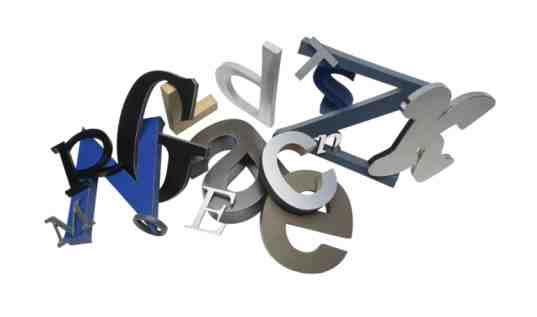 How To Name Your Business: Choosing & Using Business Names
How To Name Your Business: Choosing & Using Business Names
If you’re starting a business then ideally your business name should be catchy, easy for customers to remember – and most important of all comply with the business naming regulations.
It often used to be the case that business people would call their business after themselves… Smith & Son for example. But today’s entrepreneurs tend to be a lot more creative. Who would ever have thought of calling a business eBay or Amazon for example? (But they seem to have done quite well from it!)
There are still some basics you should bear in mind however:
Your business name should be catchy. After all, it’s part of your brand – part of the image you present to your customers. You don’t have to, but it’s usually a good idea if your business name says what you do and why you think you do it better than anyone else. Easyjet is a perfect example of this sort of name.
Your business name should be easy to remember. Customers are exposed to hundreds of business names every day, and might only remember a couple of them. How can you make it that bit more memorable?
Having a name that is easy to remember is particularly important if you’re planning to have an online presence. Make sure that a suitable domain name remains unregistered too.
Try to go for something that is easy to remember, won’t get confused with something else and works on the Internet. There have been a few bloopers here… including a medical practice called The Therapist Finder who mistakenly registered the totally unsuitable www.therapistfinder.com!
Now the regulations:
The goods news is that in the UK (unlike some countries) you don’t need permission for a business name and you don’t need to register it anywhere… in fact there is no central register of business names. (The exception to this is for limited companies.)
There are a few rules though…
- There are a few ‘official’ words you can’t use without permission. For example British, National, International, Federation, Foundation, School or Royal.
- Your name shouldn’t be the same as, or too similar to an existing business. It could cause disputes and might confuse your customers too. Do a thorough search in trade directories and on the Internet to try and make sure nobody else is already using the name.
If the name you use isn’t your own personal name then you must state your own name on your business documents (such as letters and invoices) and by way of a notice at your place of business.
Remember, it’s not easy to change a business name when you’re established and your name could become a major part of your business success story. So once you’ve got a few ideas draw up a shortlist, do some research… and ask prospective customers which name they think works best before making the final decision on your business name.

